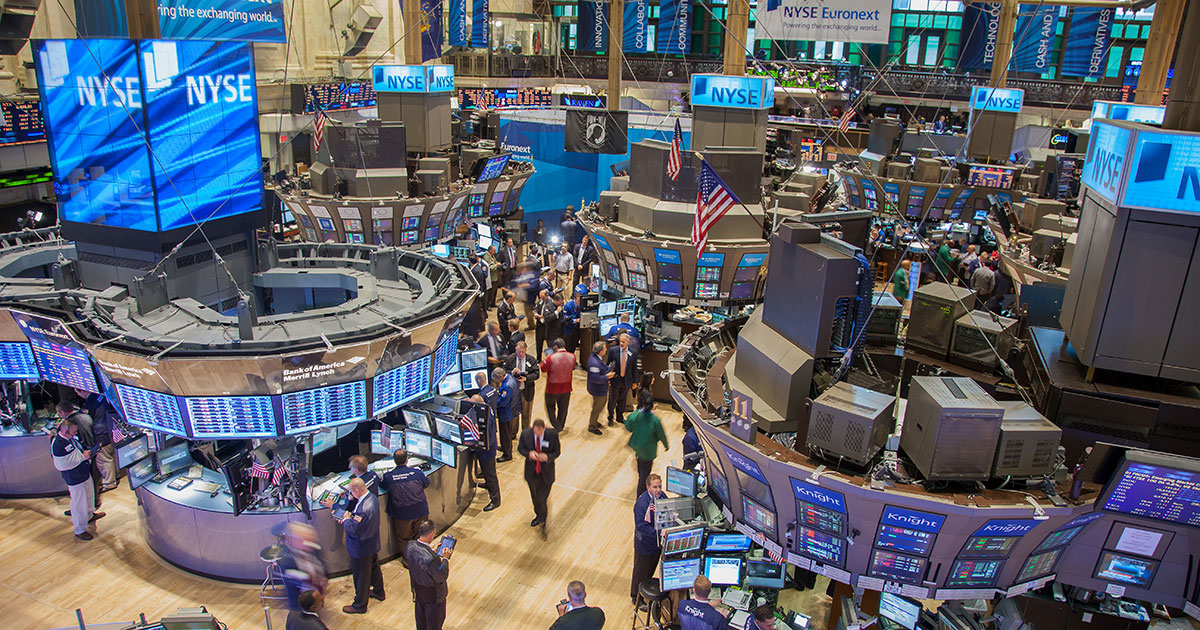Is a Recession on the Horizon?

Could the United States economy soon be facing another recession?
Babson professors shared their theories, and dive into the possible effects of a recession.
What Is a Recession?
Defined as two consecutive declining quarters of production of goods and services, recessions originate today in the financial economy, and can occur for example when consumers pay high amounts for shares of stock or lend too much money to mortgages.
According to Professor of Finance John Edmunds, warning signs of a recession include consumers defaulting rates on major products, such as credit cards or car loans.
When this occurs, consumers begin to spend less.
“People see their financial situation getting worse, so they start cutting back their expenditure,” Edmunds said. “That’s a mentality that once it sets in is hard to break and is also associated with deflation.”
Are We Nearing a Recession?
In a Fox Business interview on August 15, Professor of Entrepreneurship Joel Shulman said he doesn’t believe we will see a recession “anytime soon.”
“With retail numbers looking positive, the U.S. markets generally being very strong, I think we’re looking at least a year away,” he said.
Edmunds however estimated a 60 percent chance of a recession in the next year, though he believes it would not be severe.
“I don’t see anything that would cause a major steep crash,” he said. “I don’t see the bad judgment, I don’t see the excesses in the finance sector.”
So, Recession 2020. What Repercussions Could We Face?
Edmunds said the range of goods offered to consumers would change, and retailers would source alternatives for their products that wouldn’t be as expensive to produce. He also said many workers could face potential layoffs.
Edmunds said there also could be dislocations of the finance sector due to previous loans made to companies that may not be able to use them constructively.
Though housing indices “would show some reaction” and relocating Americans could be more conscious about where they choose to live, according to Edmunds, the housing market would not be greatly affected due to low-interest rates.
Would Americans Be Ready for a Recession?
Jennifer Bethel, professor of finance and co-founder of the Babson Financial Literacy Project, says less than half of U.S. residents could not withstand a $400 expense without going into debt, and could find themselves in a difficult situation in the case of a recession.
“We only have to look back to the government shutdown this past year, where we saw a number of people with good jobs, (who) couldn’t last through one to two months of not having a paycheck,” she said. “A lot of people don’t have emergency reserves built up to withstand losing a job or having a cutback in their number of hours.”
For some, a lack of savings is the result of student loans. For others, it’s caused by an unexpected medical expense, a car that breaks down, or a change in living status.
Bethel said a recession would lead to spending restrictions for those in poor financial status.
“Having three to six months of expenses would be a prudent way of approaching it, it’s not too late to start building those reserves now in case we do go into a recession,” she said.
Featured photo courtesy of Bart Sadowski/Shutterstock.com.
Posted in Insights




